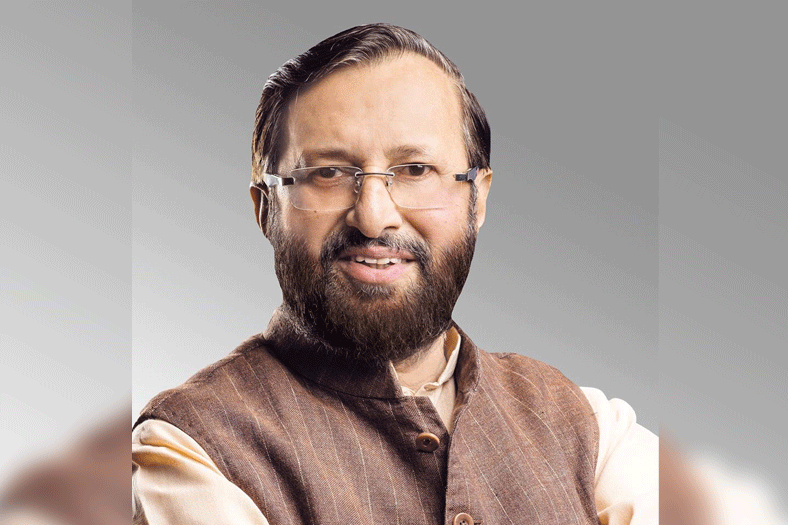
The National Clean Air Programme has shown progressive result as it is comprehensively bringing down air pollution levels. Lauding the need for conscious people efforts for improving city air quality. Union Minister of Environment, Forest and Climate Change, Prakash Javadekar, said, “During the months of October-November, biomass burning has reduced by about 30 per cent and we’re closer to feasible and viable solutions such as farmer subsidies to address biomass burning in Punjab and Haryana. The immense magnitude of the problem cannot be solved by the government alone; people will have to participate in public campaigns for clean air in India.”
“Compared to the air quality of Delhi in 2016, the number of days in ‘good’ and ‘satisfactory’ categories has increased from 108 to 159. And bad days have reduced from 246 to 206 in ‘poor’ and ‘very poor’ categories,” emphasized the Union Minister.
Hopeful to find blue skies in Delhi in his lifetime, Dr Shashi Tharoor, Member of Parliament, Lok Sabha, and Board Member, AQA, said, “Like anti-tobacco and polio campaigns, mass mobilisation is essential to tackle air pollution and clean air should be made a politically salient issue. We must recognise that the consequences of air pollution are not limited to purely environmental concerns, it is a national health issue that can derail the development story of India.”
Voicing disappointment over the limited discussions on air quality in Parliament, Tharoor said that there should be more people in the political space, at all levels, talking about the hazards of air pollution. He expressed that the National Clean Air Programme is a welcome step to combat air pollution, but it must be rolled out effectively by political consensus to comprehensively bring down air pollution levels.
Cookie Consent
We use cookies to personalize your experience. By continuing to visit this website you agree to our Terms & Conditions, Privacy Policy and Cookie Policy.









